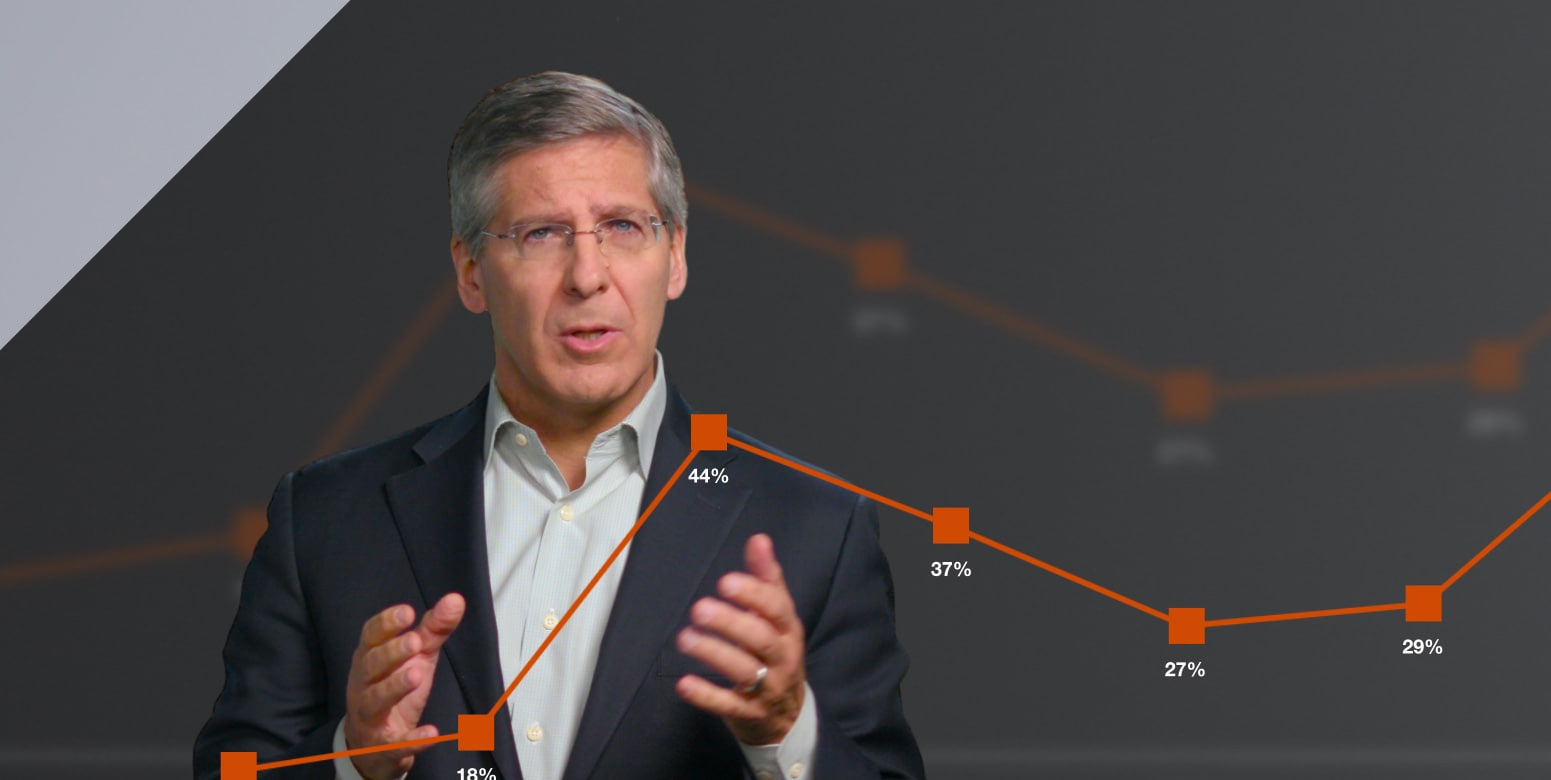
Navigating the rising tide of uncertainty
PwC’s 23rd Annual Global CEO Survey
– Singapore Report
A heightened sense of uncertainty is one theme that rang out loudly this year in PwC’s 23rd Global CEO Survey, much like it has been across business headlines in general in the recent times.
As CEOs around the world look ahead to 2020, for the first time more than half (53%) of them believe that the rate of global GDP growth will decline. This record level of pessimism remarkably contrasts the record optimism regarding global economic growth revealed in 2018’s survey, leaving us thinking – what a difference two years can make.
Singapore CEOs turned out to be even more pessimistic with more than four out of five of them expecting a decline in global GDP growth.
Explore key findings
"During turbulent times, there will always be opportunities. It’s a matter of how you receive the signals hinting at those opportunities as well as the inherent risks and position yourself with agility to leap beyond the predictable avenues of growth. As we reimagine ways of doing business, we must be strong not rigid. An agile workforce is non-negotiable, and in upskilling our people the focus must on cementing long-term relationships. It’s also time to build consensus with policy makers on appropriate regulatory path as businesses harness technology and innovation."
Contact us



Greg Unsworth
Digital and Data Services, Risk Services Leader, PwC Singapore
Tel: +65 9848 6025

Workforce Transformation Leader, PwC South East Asia Consulting, PwC Singapore
Tel: +65 9667 4961








